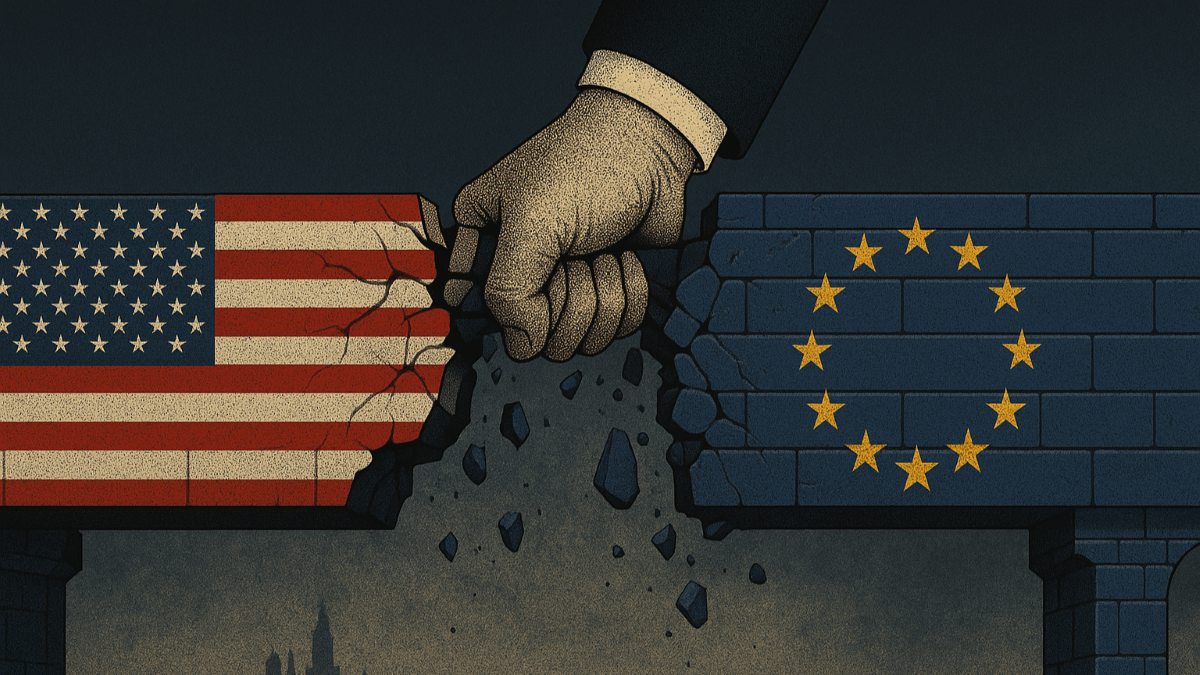News
September 12, 2018
$13 trillion: Gains from artificial intelligence could add $13 trillion to global economic output by 2030, around 16 percent higher cumulative GDP compared to today, according to a new McKinsey Global Institute report. But those benefits may be spread unevenly, and the economic impact of AI could exacerbate divides between workers, companies, and governments.
28 billion: US carmakers invested more than $28 billion in the US state of Michigan between 2009 and 2018 – about $4 billion more than they invested in all of Mexico.
10: From 2018 to 2035, the ten fastest growing cities in the world will be in Africa, according to the UN. By 2040, the continent’s urban population is expected to double to 1 billion, creating massive opportunities for economic growth that could also create challenges for resource-strained local and national governments.
8: As a part of a nation-wide construction boom, the number of shopping malls in Turkey has risen 8-fold since President Recep Tayyip Erdogan assumed office. Turkish shoppers now have 400 malls to choose from, up from just 50 in 2003 – although a crash in the value of Turkey’s currency means their lira aren’t going quite as far as they used to.
More For You
America’s new National Security Strategy confirms what Europeans have feared for months: Washington now sees a strong, unified European Union as a problem to be solved, not an ally to be supported.
Most Popular
Sponsored posts
The power of sports
What's Good Wednesdays
What’s Good Wednesdays™, December 10, 2025
Walmart sponsored posts
Walmart's $350 billion commitment to American jobs
In this episode of Tools and Weapons, Microsoft Vice Chair and President Brad Smith sits down with Ed Policy, President and CEO of the Green Bay Packers, to discuss how purpose-driven leadership and innovation are shaping the future of one of the world’s most iconic sports franchises. Ed shares how technology and community-focused initiatives, from Titletown Tech to health and safety innovations on the field, are transforming not just the game of football, but the economy and culture of Green Bay itself. He explains how combining strategic vision with investment in local startups is keeping talent in the Midwest and creating opportunities that extend far beyond Lambeau Field.
Subscribe and find new episodes monthly, wherever you listen to podcasts.
Members of security forces stand guard outside a polliong station, a week late in a special election, after the local governing party kept voting closed on election day, amid accusations of sabotage and fraud, in a presidential race still too close to call as counting continues, in San Antonio de Flores, Honduras, December 7, 2025.
REUTERS/Leonel Estrada
More than a week after Hondurans cast their ballots in a presidential election, the country is still stuck in a potentially-dangerous post-election fog.
© 2025 GZERO Media. All Rights Reserved | A Eurasia Group media company.
